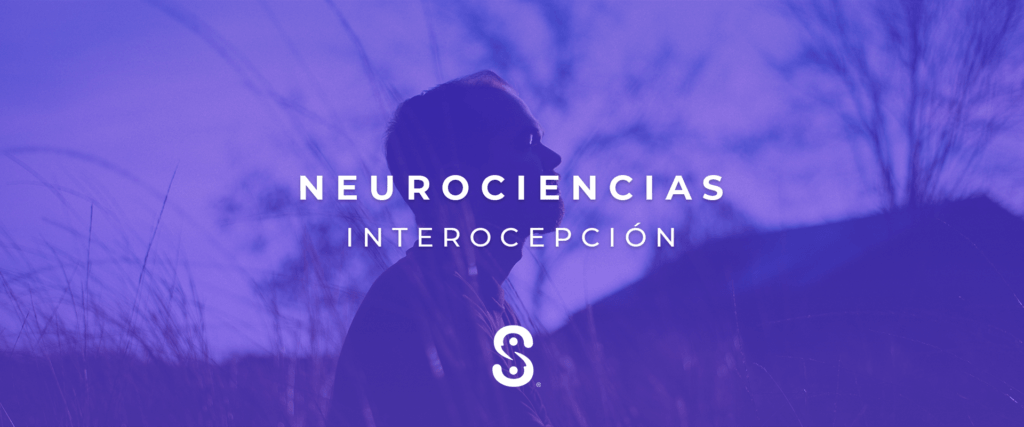Interoception - The Road to Self-Discovery

"Educate the mind, without educating the heart, is not educating at all"
Aristotle.
When something "feels", or think that we have a "hunch" are expressions that refer to a sense of intuition, which has caught the attention of the neurosciences in recent years. Indeed, it seems that the heart really has something to do with the decision-making process of a human being. What scientists have discovered goes beyond all speculation. We talk about a code encrypted in the heart rate that tells us when we will make good or bad decisions.
The interoception is the capacity of the human being of perceive the stimuli coming from his own body. This includes the heartbeat, bowel sounds, air passage through the respiratory system, or even the flow of blood through some areas of the head. This is a sense that develops very little throughout the life of an average person, especially if the person lives in a city or there is constant noise in his environment.
We will let you know about a study conducted at the University of Cambridge in which was discovered the fascinating relationship between the heart and the brain. For this, our friends from New Code summarize it in a fantastic way:
The team of scientists asked a group of volunteers to opt for two options for the same problem, one with a presumably favorable result and the other with less appropriate consequences. They had to do it while trying to perceive, touching his knees, their own heart rate, in an exercise of introspection. They determined, in this way, that those who were able to perceive more clearly the rhythm of those heartbeats and, therefore, to decode the messages sent by the heart before making a decision, they were more inclined to opt for the decision with positive consequences. They were able to 'decode' the encrypted message of their own heart, which pushed them to opt for what would benefit them most.
New Code

In short, just before making a decision, the heart was able to anticipate a success or error changing its rhythm in specific ways. And not only that, but those with more developed interoception (the ability to better perceive the stimuli of their own body) recorded more hits in their decision making. Everything indicated that the heart knew if the decision to be taken would be correct or incorrect even before the brain made the choice.
The above has been investigated exhaustively, seeking a benefit mainly in the relationship heart / brain and to better understand the diseases that arise from this relationship. In fact, this opens a very interesting gap for all the techniques of meditation who seek not only to relax, but to perceive "our interior" through consciousness.
It should not seem strange to us that for hundreds of years we have maintained these expressions related to the heart. That thing about "listen to your interior" may mean a lot more than we can imagine, and today science is finding its way into this. In fact, techniques like Mindfulness were studied seriously starting in 2005, appearing in hundreds of articles and papers of Science.
It is possible to increase our sense of interoception by practicing meditation and leading a healthier life. In fact, a recommendation is to start acting according to what our heart dictates. This means to be aware of changes in heart rate or discomfort in the chest when we are making decisions. According to science, the best is always to act according to the desires of the heart, applying reason as a mediator.
In Soul Sync we are passionate about understanding the brain / heart function, and we have designed a unique method to develop interoception, so that the quality of life of the people improves considerably. This method fuses the fascinating results to which the neurosciences have arrived, with transpersonal psychology and music. Thus, the result is an innovative and transformative experience capable of improving lives.
If you are interested in living the experience, click here to know the dates of upcoming events.

Soul Sync® is a technology of concentration and synchronization inspired by the transrational era, created by a team of therapists and researchers dedicated to the development of Interoception and the Synchronization of Being.

[…] interoception and biofeedback are closely related, since both techniques focus on improving […]